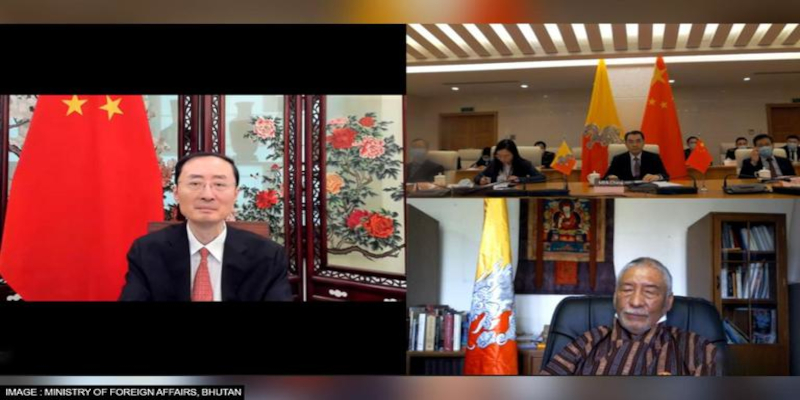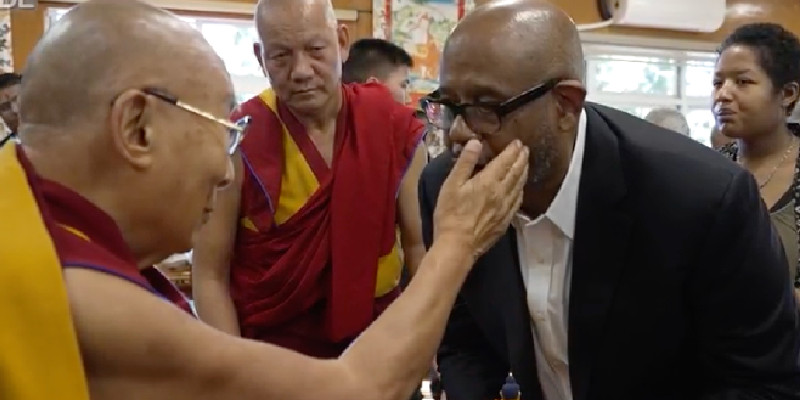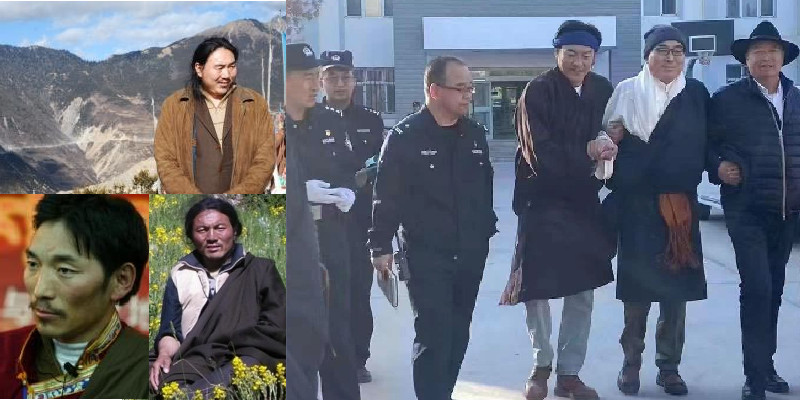Dharamshala, 15th October: Bhutan and China signed a Memorandum of Understanding on Thursday for a “Three-Step Roadmap” for speeding Bhutan-China boundary negotiations, which Thimphu claims will give the talks a new momentum and help them reach a successful conclusion acceptable to both parties. The MoU is signed at a time when India’s own discussions with China to end the military situation in eastern Ladakh are still stalled.
Bhutan, like India, is embroiled in a border dispute with China, and while the two have held 24 rounds of border discussions since 1984, the last time they did so was in 2016, just before India’s Doklam standoff in 2017.
Many believe that Bhutan would not have considered an MoU on the boundary problem without first explaining the broad parameters to Indian authorities, based on prior behavior. Bhutan has so far refused to acknowledge the Chinese 1996 agreement. “Package agreement” in which central Bhutanese land would be exchanged for Doklam, which is dangerously close to India’s Siliguri Corridor. Last year, China renewed its land swap offer.
The text of the Memorandum of Understanding, which was signed virtually, has not yet been released. The sides agreed on a strategy for the settlement of the boundary in April this year during the 10th expert group conference with China, according to Bhutan’s announcement. According to reports, the roadmap will build on the 1988 Guiding Principles for the settlement of the boundary dispute and expedite negotiations. According to news reports at the time, Bhutan and China had agreed on a three-step process.
A month later, rumors surfaced that Bhutan had misgivings about the roadmap, one of which was China’s claim to the Sakteng wildlife sanctuary in eastern Bhutan (near the Arunachal border), and that Bhutan had proposed certain changes. It’s unclear how much of those adjustments have been taken into account by China. Bhutan stated that the plan will give the boundary talks a new lease on life and that it wants the roadmap to be implemented “in a spirit of generosity, understanding, and accommodation” to bring the negotiations to a successful conclusion that is acceptable to both parties.







Leave a Reply